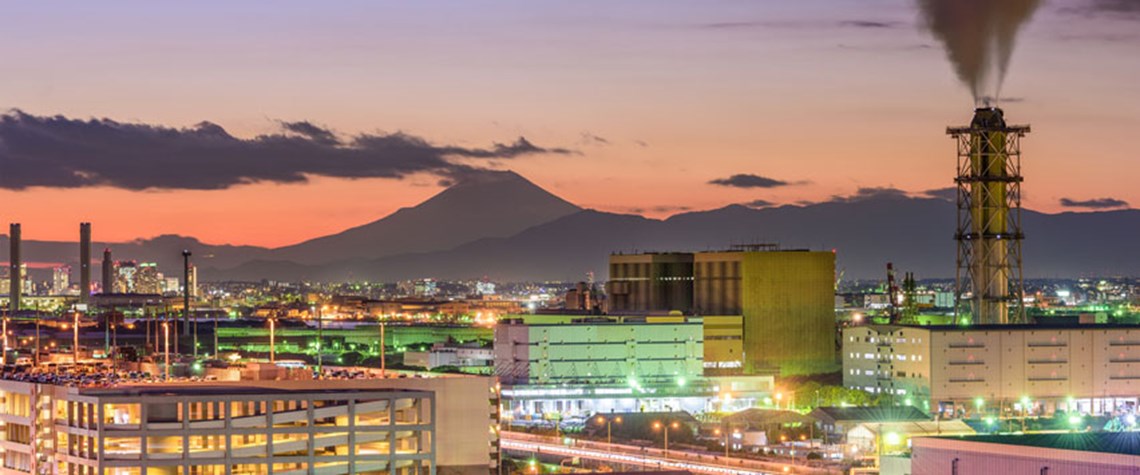Decarbonising LNG: the heat is on
When the largest buyer in the largest consuming country commits to net-zero emissions by 2050, suppliers must start to respond. And they are
The LNG industry has over the past 18 months had to confront much more directly the potentially existential threat of the Paris Agreement. A key element of that agreement—“to achieve a balance between anthropogenic emissions by sources and removals by sinks of greenhouse gases (GHGs) in the second half of this century”—has spurred companies, countries and even continents to pledge net-zero GHG emissions by 2050. It can be argued that the LNG industry should have responded sooner, given the Paris Agreement was reached in 2015. Belatedly, it was a series of events in 2020 that proved to be the spark for the current explosion of interest in so-called carbon-neutral LNG. Customer-led “In the spa

Also in this section
26 July 2024
Oil majors play it safe amid unfavourable terms in latest oil and gas licensing bid rounds allowing Chinese low-ball moves
25 July 2024
Despite huge efforts by India’s government to accelerate crude production, India’s dependency shows no sign of easing
24 July 2024
Diesel and jet fuel supplies face a timebomb in just four years, and even gasoline may not be immune
23 July 2024
Rosneft’s Arctic megaproject is happening despite sanctions, a lack of foreign investment and OPEC+ restrictions. But it will take a long time for its colossal potential to be realised







